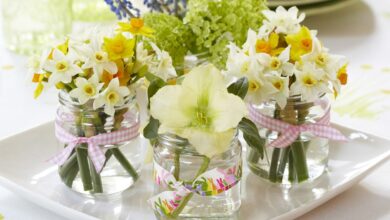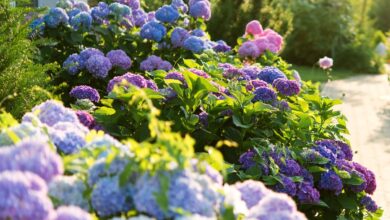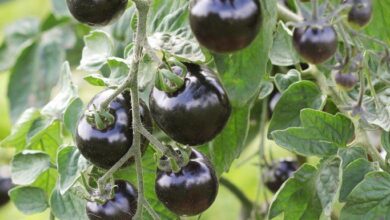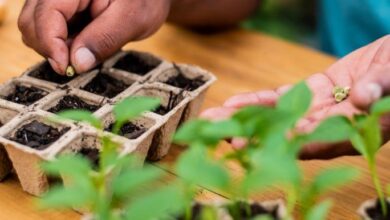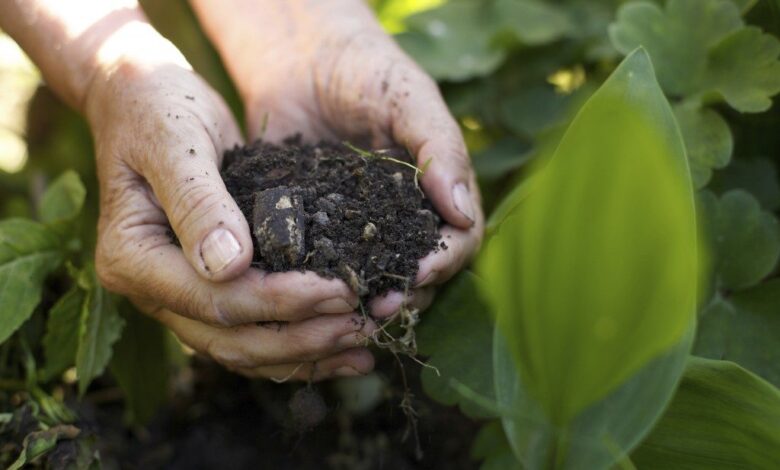
Living Healthy Simplified
[ad_1]
At its worst, Category 5 Hurricane Michael in 2018 took down 80% of the tree canopy in Bay County, Florida. An area that was already a food desert got hit the hardest and even the low-income grocery stores were destroyed. Food here became a huge concern. In the midst of the 2020 pandemic, Samantha (Sam) Mello undertook a challenge that was daunting, at best.
Sam gave a lot of thought to creating a community food project. She initially considered the idea of a community medicinal garden but didnt really want a community garden in the traditional sense, since raised beds would require more maintenance and upkeep. She stumbled onto the food forest concept and proceeded to develop Living Healthy. Simplified. (LHS), a food forest that would be open to everyone in the community.
Living Healthy. Simplified. is now an educational gardening non-profit that works with the community to create spaces that are ecologically sustainable for humans, as well as the surrounding wildlife. Their goal is to educate the residents of Bay County on simple practices for a healthy lifestyle through growing food, creating pollinator gardens, using sustainable practices and utilizing native plants.
At the LHS main food forest there is a honeybee hive enclosure. Sam and her support people are working on an educational program to teach the community about the importance of pollinators for our food system. A compost program is in the works for their local community, as are cooking classes – primarily for youth, but open to all ages.
With a strong belief in the concept of partnering, Sam got this new non-profit off the ground by working with Panama City to secure property for the food forest. Her vision was to bring education to people through gardening, raising food and volunteering. So, if local residents can voluntarily plant and tend the garden, all the better. But, if they aren’t able to volunteer, they’re still welcome to go into the food forest garden and gather whatever is growing there to feed themselves and their families.
But there’s more to it than feeding humans. This food forest is designed to provide food for human and wildlife consumption. In fact, Sam wanted to make sure the offerings included native plants for pollinators and bees. In addition to honey, blueberries, figs, oranges and a wide range of crops grows well in this warm region. Grant money funded a huge pollinator garden, a portion of which includes medicinal natives and herbs.
Teaching is a significant component of the LHS program. Garden visitors have the opportunity to learn about soil and gardening, as well as integral approaches to living healthier… simplified! There are no specialized teachers at the site, but those who are self-taught in different areas share their knowledge and gifts.
If you’re interested in learning more about this amazing project, check them out on Facebook or their website, or make a donation here.
Every year, Gardening Know How awards $1,000 to 20 different, hand-picked garden projects across the United States and Canada. If your community or school garden has a growing, unmet need for more soil, seeds, fertilizers, building materials, or even just help getting the word out about your program, we’re ready and willing to help you meet those needs. As community gardens and school gardening programs spring up all over, we’re happy to do our part to help.
[ad_2]


